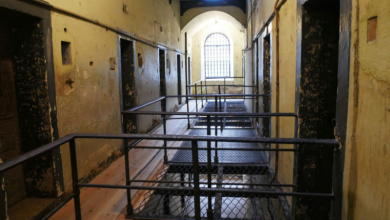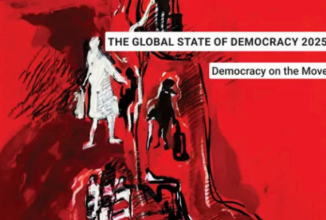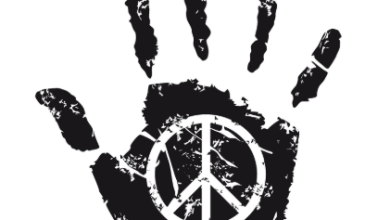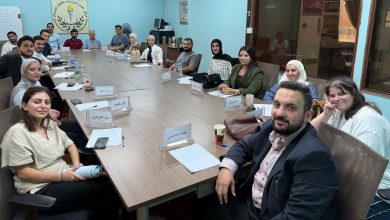77 Years of Ongoing Nakba
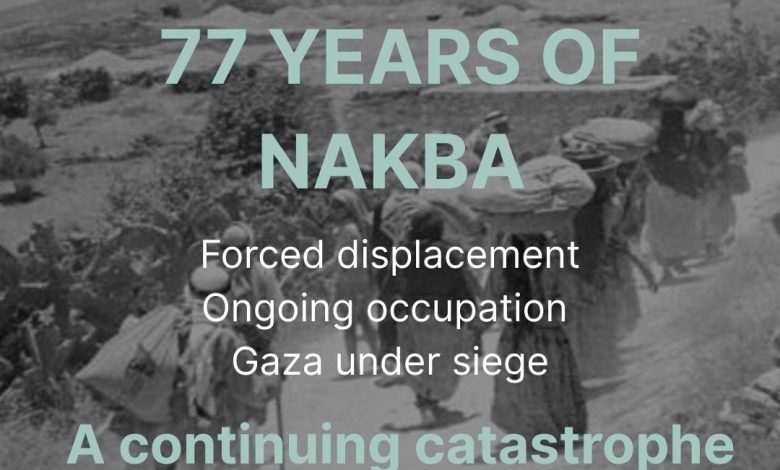
May 15th marks 77 years since the Nakba, “The Catastrophe.” On this day in 1948, 750,000 Palestinians were violently uprooted from their homes, their villages destroyed, their land stolen, and their homeland fractured, a process of ethnic cleansing that did not end in 1948.
The Nakba is not a closed chapter in history. It is an open wound. For millions of Palestinians, the displacement never ended. Today, it lives on in exile, in refugee camps, under military occupation, in laws that deny the right to return home, in the silence of the international community, and the genocide in Gaza. The Nakba is ongoing today, and it is even more important that we remember it.
What began in 1948 continues today in Gaza, the West Bank, and across historic Palestine. The forced displacement of Palestinians has never stopped; it has simply taken new forms. Today, it is airstrikes flattening entire neighborhoods in Gaza. Killing over 52,810 and wounding more than 119,400 Palestinians in Gaza after 7. October. It is the siege that denies 2.3 million people food, medicine, and safety. It is the calculated starvation of a population. It is the continuous attempt to erase a people’s right to exist.
The UN Partition Plan of 1947 gave 52% of Palestine to a Jewish state, despite Jews making up just a third of the population at the time. What followed was war, expulsion, and the birth of a refugee crisis that has now lasted generations. Today, over seven million Palestinians live in exile. Many of those under bombardment in Gaza are descendants of the original refugees from 1948.
In early May 2025, Israeli Prime Minister Netanyahu announced a new “intensive offensive” in Gaza and the“displacement of its population,” reusing the tactics of 1948. Reports suggest that this military escalation is part of a bigger plan to take control of all of Gaza, with clear implications for the annexation of the West Bank. What’s happening now isn’t just an isolated conflict; it’s part of a long-term effort to dispossess a people, deeply tied to the foundations of the Israeli state.
At the Amman Center for Human Rights Studies, we mark Nakba Day not only as a day of remembrance, but also as a call to justice. We stand in solidarity with the Palestinian people in their struggle for independence, dignity, justice, and return. Remembering Nakba Day means honoring the past, but also naming the present and demanding a future rooted in international law, human and peoples’ rights, and historical accountability.
